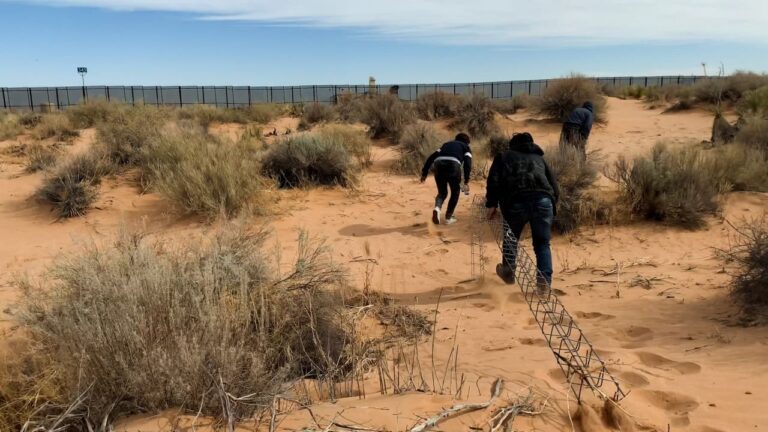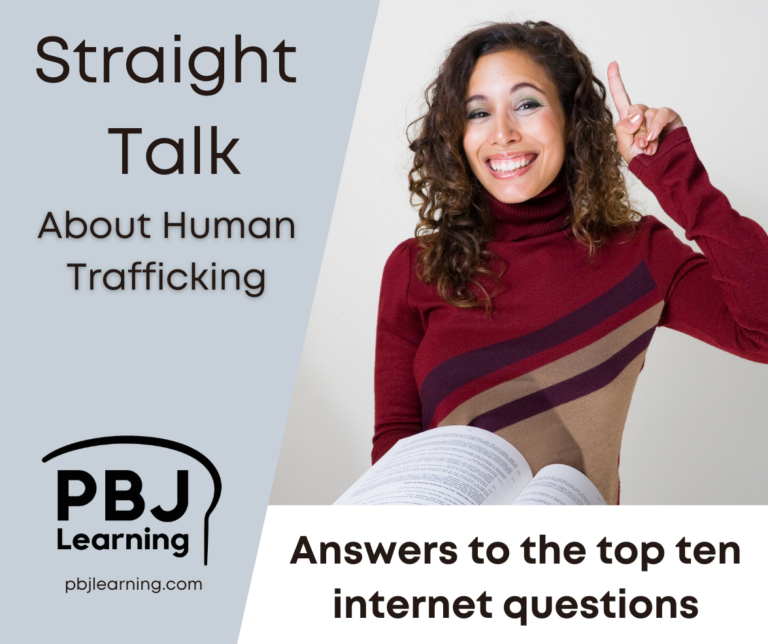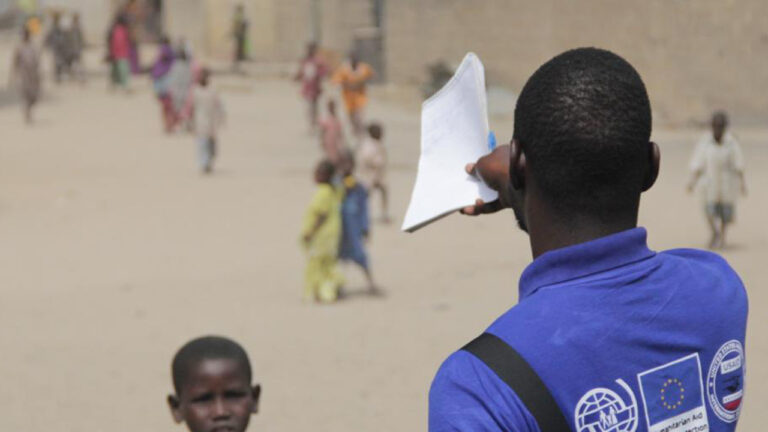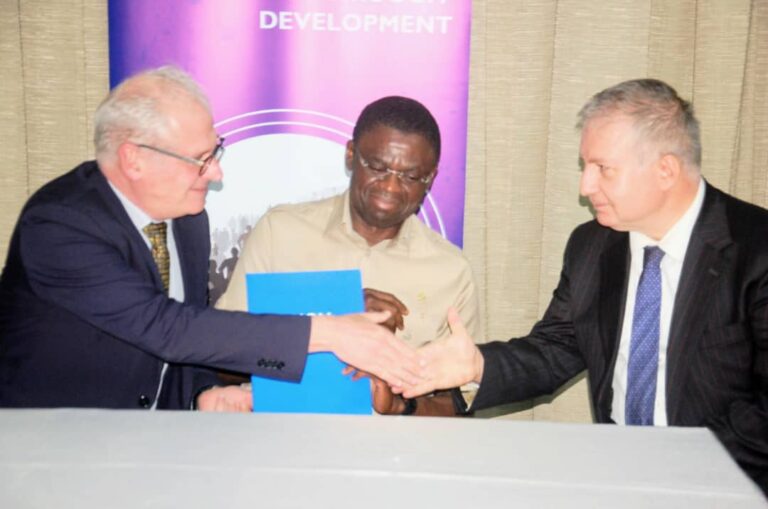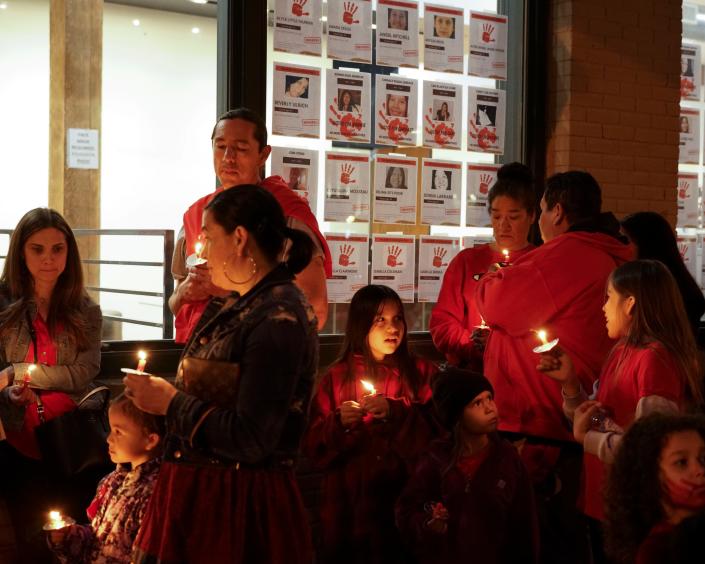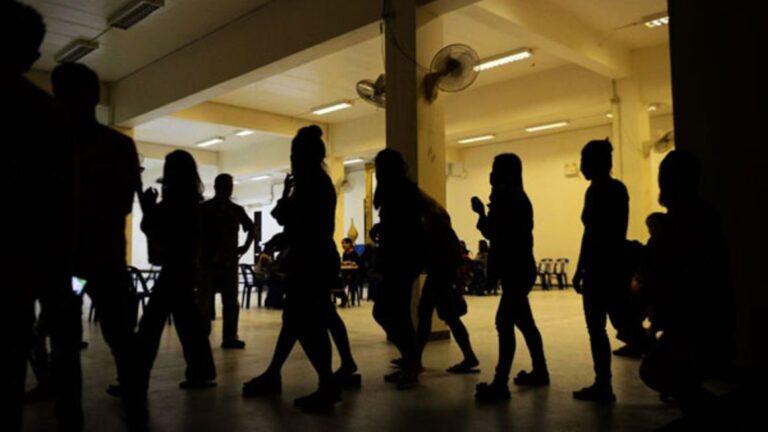Language Matters: 5 Ways Your Words Impact Trafficking Survivors
Language matters. Word choices are powerful. This is particularly important to keep in mind in the work of reducing and preventing human trafficking and supporting survivors. The way in which human trafficking is described or discussed can – often despite the very best intentions – feel tokenizing or triggering to survivors when they have gotten…


